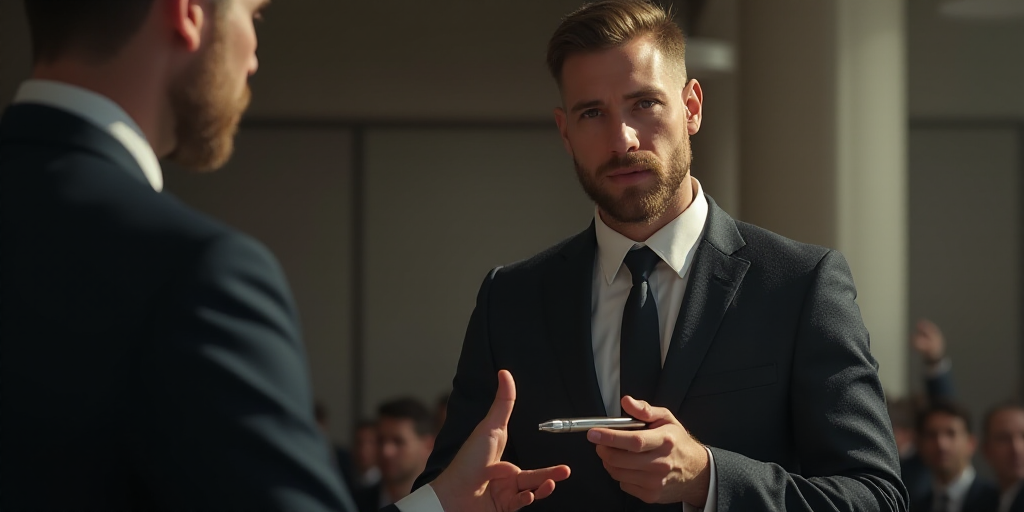Background and Relevance of the International Criminal Court (ICC)
The International Criminal Court (ICC) is a permanent tribunal that investigates and, where warranted, tries individuals charged with the gravest crimes of concern to the international community: genocide, war crimes, crimes against humanity, and the crime of aggression. The ICC is significant as it aims to hold perpetrators accountable for their actions, ensuring justice and deterring future crimes.
Who are the key figures mentioned?
- Ursula von der Leyen: President of the European Commission, who emphasized the importance of the ICC’s independence and freedom to act.
- António Costa: President of the European Council, who described the ICC as a “cornerstone of international justice” and called for its protection.
- Donald Trump: Former US President who imposed sanctions on four ICC judges in retaliation for the court’s actions against Israeli Prime Minister Benjamin Netanyahu and US military personnel allegedly involved in war crimes in Afghanistan.
- Benjamin Netanyahu: Israeli Prime Minister targeted by an ICC arrest warrant for alleged war crimes.
- Solomy Balungi Bossa, Luz del Carmen Ibáñez Carranza, Reine Adelaide Sophie Alapini Gansou, and Beti Hohler: Four ICC judges sanctioned by the US.
- Tomoko Akane: President of the ICC, who previously urged the EU to include the court under its blocking statute.
- Karim Khan: ICC’s outgoing Chief Prosecutor who faced unrelated sanctions from the US.
US Sanctions Against ICC Judges and EU’s Response
In response to the US sanctions imposed on four ICC judges, the European Union has expressed its support for the court. The sanctions target judges Solomy Balungi Bossa from Uganda, Luz del Carmen Ibáñez Carranza from Peru, Reine Adelaide Sophie Alapini Gansou from Benin, and Beti Hohler from Eslovenia. These sanctions prevent the judges from accessing US-based financial systems, effectively hindering their ability to conduct official duties.
The US sanctions also threaten American citizens assisting the sanctioned individuals with potential civil and criminal penalties. In response, Eslovenia—home to sanctioned judge Beti Hohler and a member of the EU—has urged the bloc to utilize its blocking statute. This legal mechanism allows the EU to prohibit European companies from complying with US sanctions deemed illegal by Brussels. The blocking statute has been previously employed to counter US restrictions on trade with Cuba and Iran.
ICC’s Current Challenges
The ICC faces additional challenges as it navigates the aftermath of previous US sanctions against its Chief Prosecutor, Karim Khan. These sanctions were related to an unrelated investigation into alleged sexual misconduct. The court is currently dealing with these hurdles while striving to uphold its mission of delivering justice for international crimes.
Key Questions and Answers
- What are the US sanctions against the ICC judges? The US imposed financial restrictions on four ICC judges in retaliation for the court’s actions against Israeli Prime Minister Benjamin Netanyahu and US military personnel allegedly involved in war crimes in Afghanistan.
- What is the EU’s response to these sanctions? The EU has expressed its support for the ICC and urged it to continue operating independently. Eslovenia, home to one of the sanctioned judges, has advocated for the use of the EU’s blocking statute to counteract US sanctions deemed illegal by Brussels.
- What impact do the sanctions have on ICC judges? The sanctions prevent the targeted judges from accessing US-based financial systems, complicating their ability to carry out official duties.
- What is the ICC’s current situation? The ICC faces ongoing challenges, including recent US sanctions against its Chief Prosecutor and an investigation into alleged sexual misconduct. Nonetheless, the court remains committed to its mission of delivering justice for international crimes.






